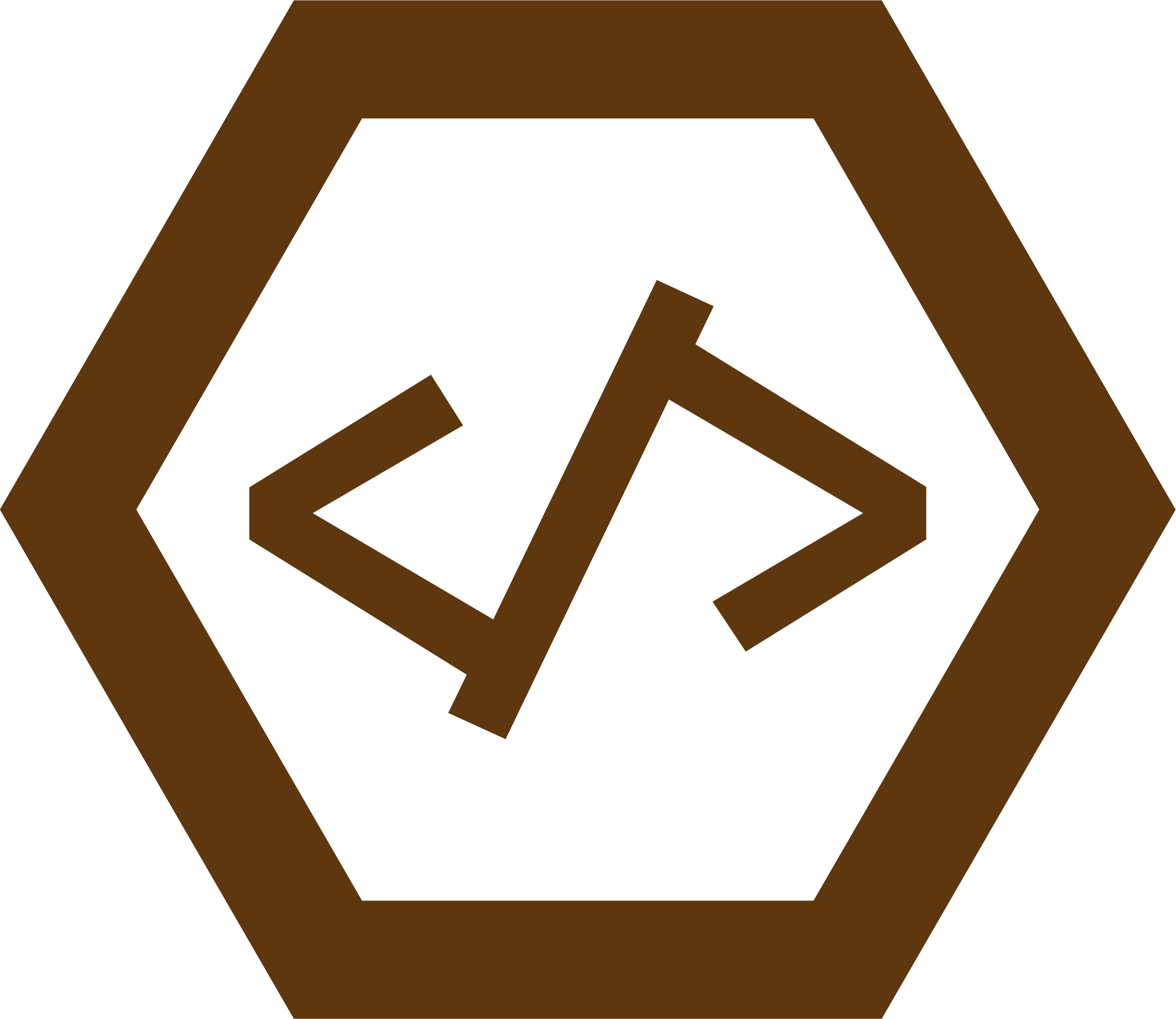The main problem is that bool is an integer type, while dtype is a str type. This can cause problems when trying to compare two bool values or when casting one to the other.
I am trying to read a csv file in Python using Pandas. I have a column with values "true" and "false". When I try to read the file, I get the following error:
<code>ValueError: could not convert string to float: 'true'
</code>
I tried changing the data type of the column to bool but it gives me an error saying that dtype cannot be bool. How can I fix this?
A:
You can use <code>pd.read_csv()</code> with <code>dtype={'column_name':bool}</code>:
<blockquote>
<p><strong><a href="https://pandas.pydata.org/pandas-docs/stable/reference/api/pandas.read_csv.html" rel="nofollow noreferrer">pd.read_csv()</a></strong></p>
<pre><code><code>dtype : Type name or dict of column -&gt; type, default None
Data type for data or columns. E.g. {‘a’: np.float64, ‘b’: np.int32}
Use str or object together with suitable na_values settings to preserve and not interpret dtype as numeric type for non-numeric values such as empty strings “” or “NA”:
df = pd . read_csv (StringIO ("""A|B|C
0|1|2
3|4|5"""), dtype=str)
For non-standard datetime parsing, use ``pd . date _ parse(format)`` as a converter for ``datetime`` columns or ``pd . Timestamp`` if you want more control over specifying a format specification (e . g . European style MM / DD / YYYY) which overrides the default one , specified by ``dateparse . DEFAULTS ['dateparser']`` : ` ` ` python from dateutil import parser from io import StringIO df = pd . read_csv (StringIO ("""date | time | value 08 / 01 / 2012 | 00 : 00 : 05 | 1 08 / 01 / 2012 | 00 : 00 : 06 | 2 """), parse_dates = [[0 , 1]], date _ parser = parser . parse ) # specify dayfirst=True when parsing European dates # Or for timestamps, use pd . Timestamp instead of datetime and specify format explicitly ` ` ` See also pandas-dev#12169 where it was proposed that partial string indexing be supported on datetime columns when using a converter other than ``datetime`` , e . g :: df = pd . read _ csv (StringIO ("""date time value 08 / 01 / 2012 00 : 00 : 05 1 08 / 01 / 2012 00 : 00 : 06 2 """), parse _ dates = [[0 , 1]], date _ parser = lambda x , y : pd . Timestamp ( f '{x} {y}' )) df [ 'time' ] # results in TypeError currently </code></pre></blockquote>
</blockquote>
About Dtype
Dtype is a data type in Python that represents a floating-point number.
Objects
In Python, objects are data structures that allow you to store information in a single location. Objects can be created from any type of data, including numbers, strings, and lists.
Objects can be accessed using the dot operator ( . ), and they can also be assigned to variables using the assignment operator ( = ). You can also use the object’s methods to perform actions on the object.
For example, you can use the object’s print() method to display information about the object onscreen. You can also use the object’s __str__() method to return a string representation of the object.
